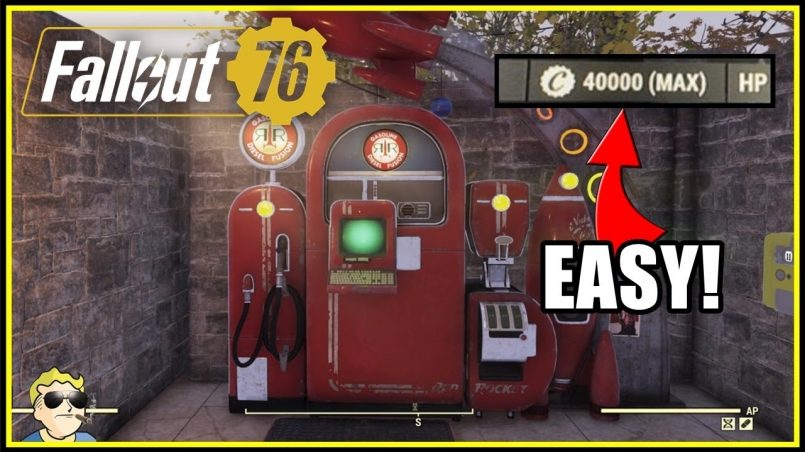In Fallout 76, you will acquire more and more items, but it’s important to consider selling excess items to earn extra caps. Fallout 76 Caps are the universal currency in the game and are essential for progress and survival. In this guide, we will show you the top ten items that are ripe for exchange, helping you earn thousands of caps per day with this semi-passive business model.
1. Spices
Spices are frequently used in countless cooking recipes in Fallout 76. Many players overlook basic items like salt and spices, either discarding them or scrapping them. However, this is a mistake! General vendors or players with a culinary interest will always be interested in buying rare or interesting spices. Selling spices is a simple way to convert surplus resources into caps.
2. Bobby Pins
Bobby pins in Fallout 76 can be used to pick locks if you have the appropriate skill. They are sometimes dropped by feral ghouls. Typically, bobby pins are worth about 1-2 caps each. Selling extra bobby pins is an effortless way to earn additional caps while maintaining functionality.
3. Bobbleheads
Bobbleheads are collectible items that offer players who collect them some material benefit, such as increased SPECIAL stats, a bonus to energy weapon damage, or more caps when scavenging. Bobbleheads are always in high demand and can be sold for a reasonable price ranging from 50 to 200 caps each. Players can sell them through specialized vendors, player-to-player trades, or in-game markets.
4. Ammunition
It’s hard to imagine playing Fallout 76 without ammunition. Players with unwanted or excess ammo can convert it into caps to fund any essentials. The price of ammo varies from 1 to 5 caps per unit, depending on the type. Ammo can be sold to most vendors throughout the map or to other players.
5. Screws
Screws are an essential crafting component for dozens of items in Fallout 76, especially for weapon and armor modifications. Excess screws can be a lucrative source of caps, as players with a keen eye can expect to find them in abundance. Generally, screws can earn around 1-3 caps per screw, which may not seem like much, but it quickly adds up.
6. Super Mutant Hands
Selling super mutant hands is a practical way to earn around 20-30 caps each. These can be sold through general vendors or player-to-player transactions. Although these hands have limited crafting uses, keeping a few can be beneficial for future crafting endeavors or collecting unique items. Alternatively, you can buy Fallout 76 items through U4gm if you don’t want to sell them.
7. Nuclear Key Cards
Nuclear Keycards are one of the most necessary items in the game, as they are needed to launch a nuke. You cannot access the launch control without having one on your person. Since they are necessary for dropping a nuke on the wasteland, they can’t be found just anywhere. Selling them to vendors or players interested in launching nukes can fetch a price of 50-100 caps. If the player doesn’t plan on launching nukes, selling any extra key cards they have is a practical way to earn some extra caps.
8. Outfits
For players who aren’t concerned about fashion, selling outfits can be an excellent way to make some quick caps. Outfits come in different styles and rarities, with values ranging from 10 to 50 caps. These can be sold to all settlement vendors, as well as other players in trading hubs.
9. Serums
Serums are in high demand and can fetch 400 to 1000 caps each. Specialized vendors like MODUS in the Enclave or player-to-player trading hubs are suitable locations to sell them. Making serums can be difficult and isn’t accessible until later in the game. However, it’s a great way for players to earn caps once they’ve unlocked the ability.
10. Junk
Junk is only suitable for two things: scrapping and selling. Players looking to build will need to hold onto some junk items to scrap them for materials. However, some items (such as gold, silver, and cork) are more useful to the player as caps instead. The market can fluctuate, but players can expect to earn anywhere from 1-5 caps per unit depending on the rarity of the resource.
